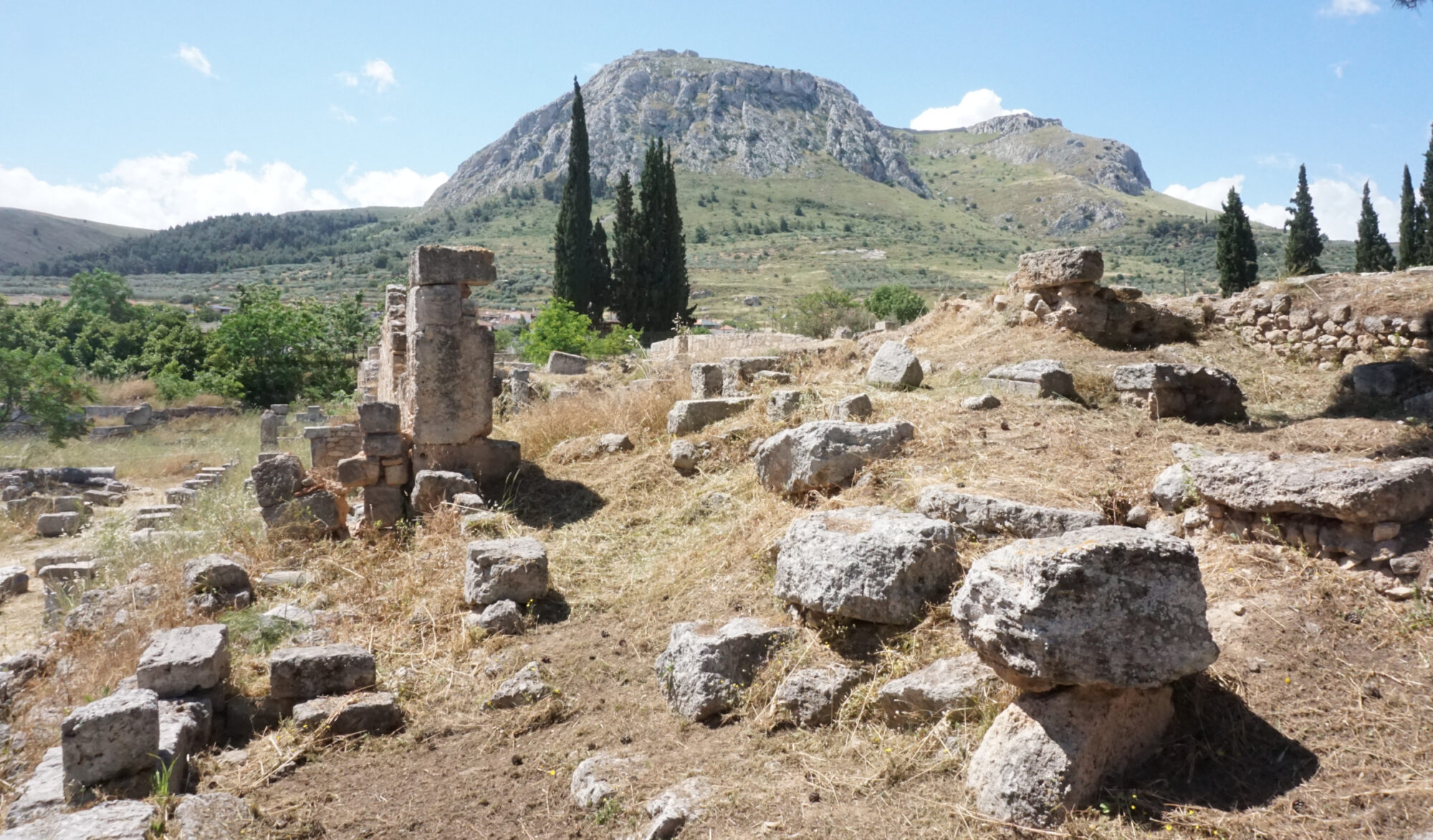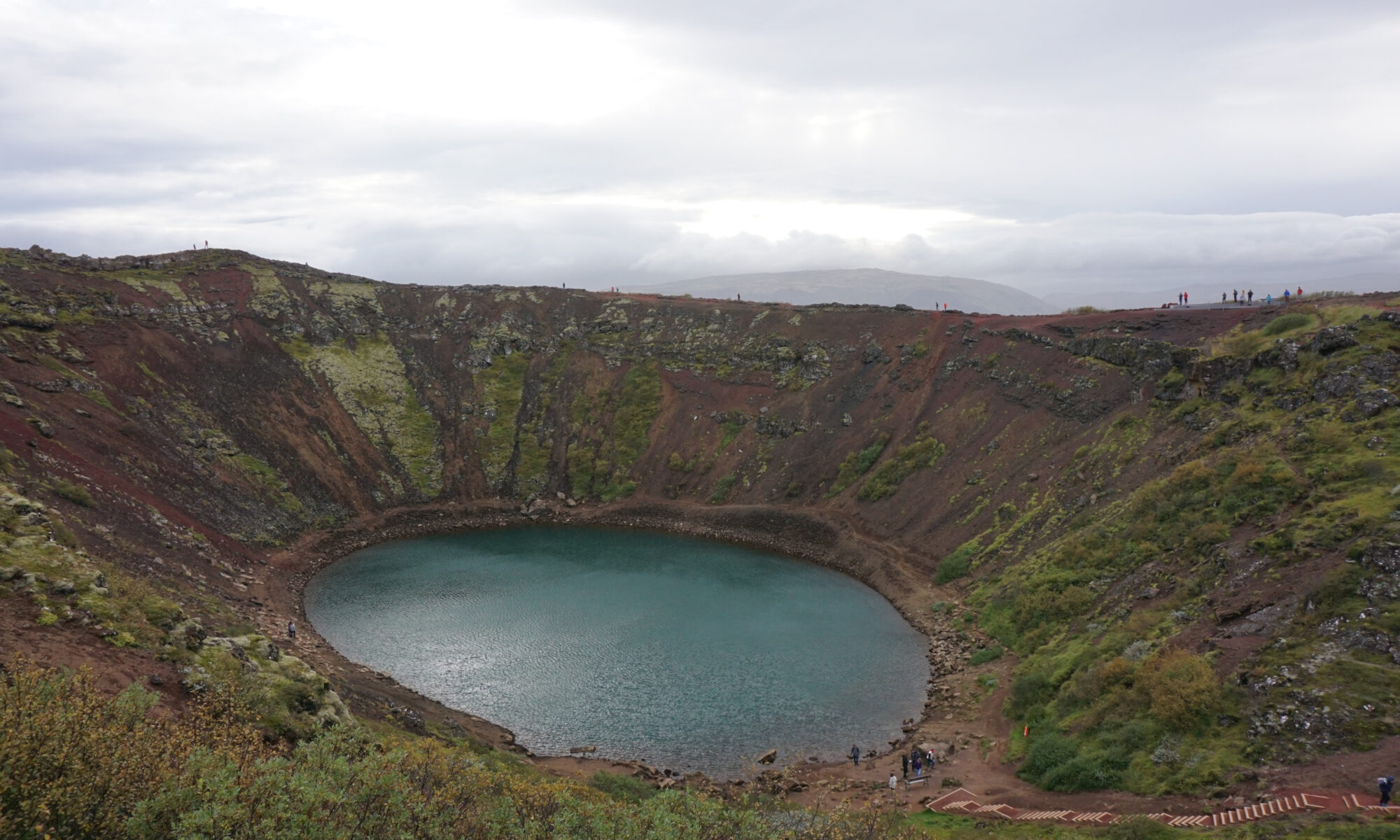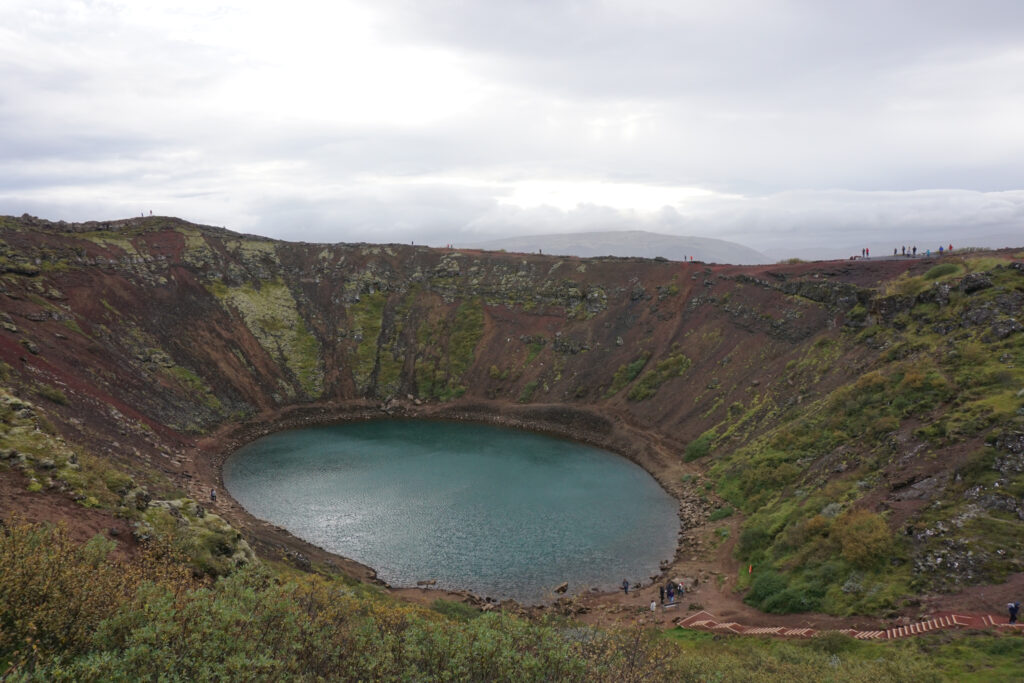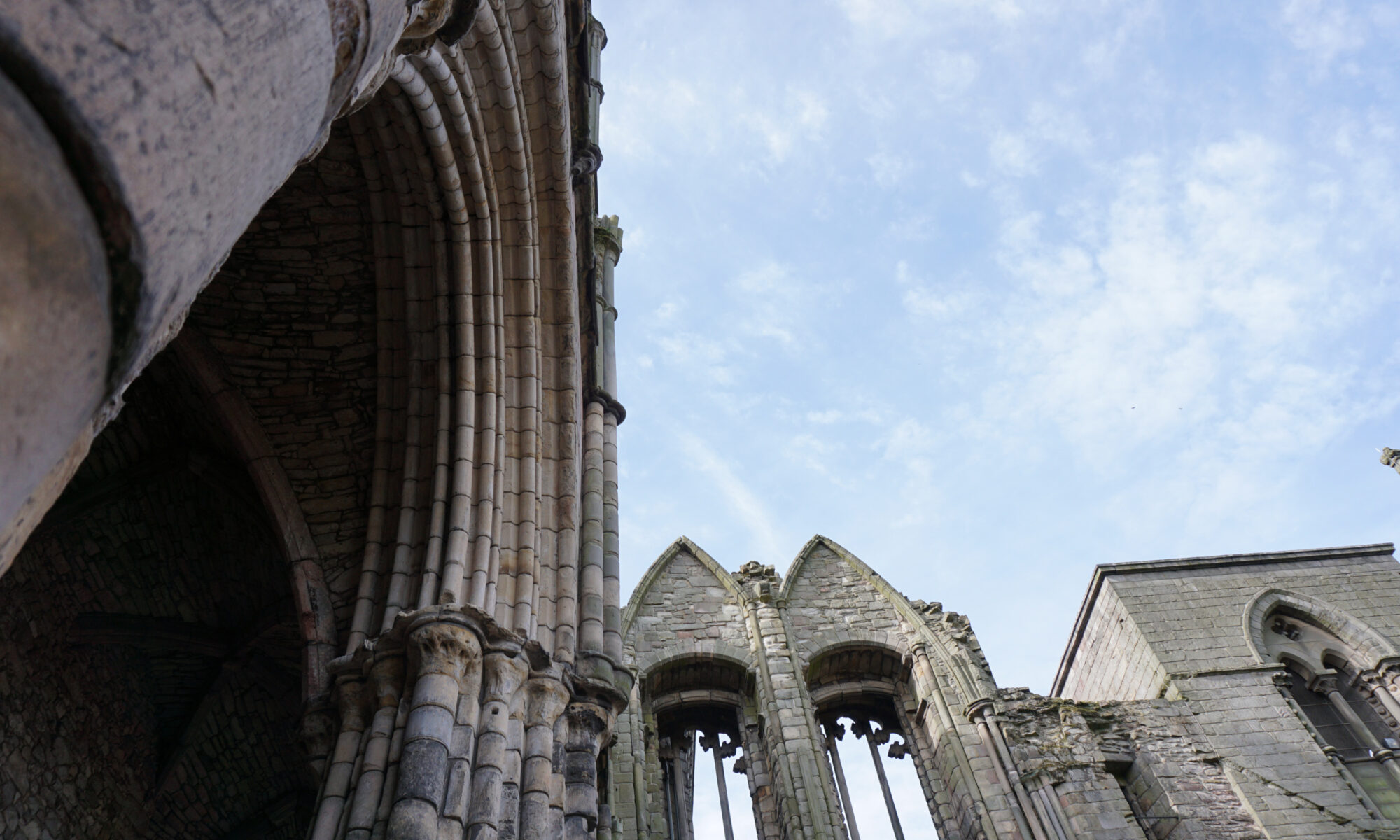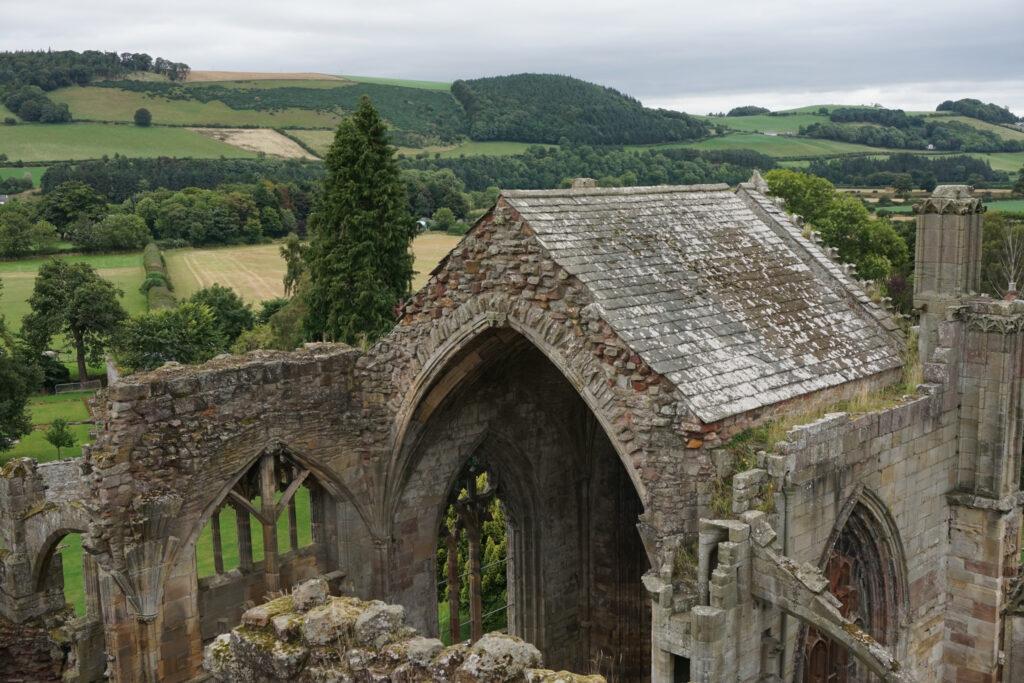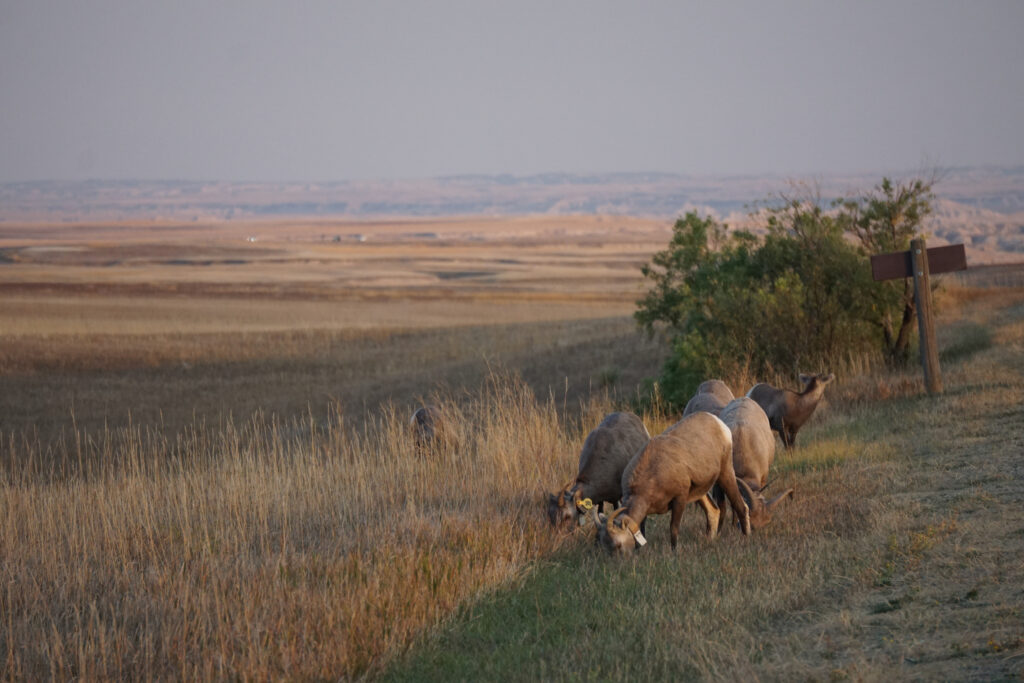
Acts 17:26–27 (ESV)—And he made from one man every nation of mankind to live on all the face of the earth, having determined allotted periods and the boundaries of their dwelling place, that they should seek God, and perhaps feel their way toward him and find him. Yet he is actually not far from each one of us.
The bighorn sheep in Badlands National Park stood at the roadside. They munched on grass, not a care in the world about the human snapping photos from up the road.
Later in the day, while flipping through the photos on the camera screen, I noticed something. The bighorn sheep had collars around their necks, GPS tracking devices that allow for monitoring the species.
Thankfully, God created us with his own breath and not a tracking device. This mark is God’s promise he’ll guide us when we seek him.
To seek God, we choose not to weary ourselves with human ideas. Perfection. Individualism. Money. Fame. Ideas with no end result or outcomes that fade with time.
We choose, instead, to simply pray to the God who remains with us and controls the universe and all that is in it.
